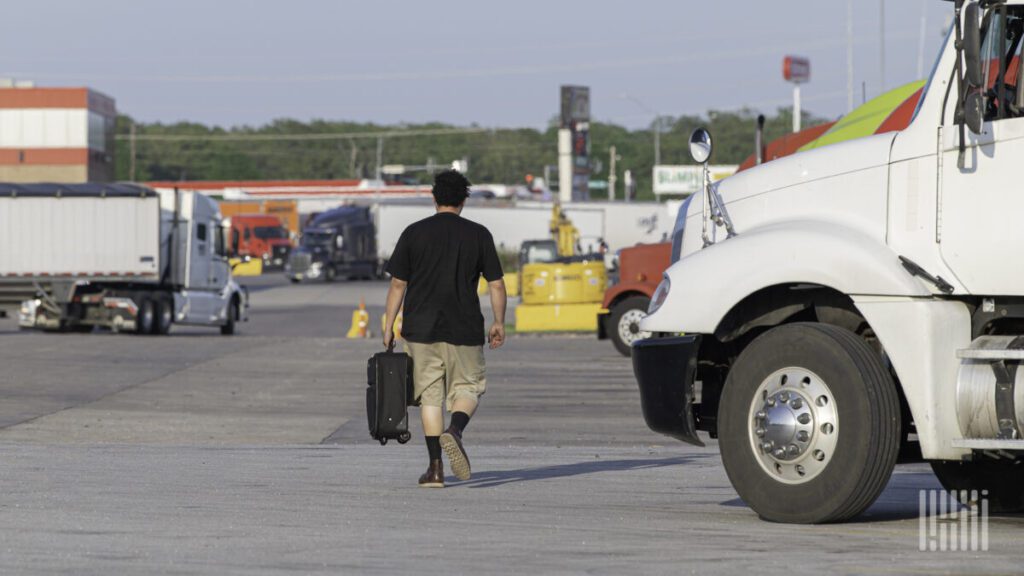September 11, 2023
The Importance of Communication in the Trucking Industry

Communication doesn’t cost much but can make all the difference
At Reliance Partners, we understand that creating a positive driver experience is a continuous journey. As National Truck Driver Appreciation Week gets underway, it’s the perfect time to reflect on how we can make lasting improvements to show our utmost appreciation for the backbone of the trucking industry: our drivers.
In the world of trucking, fostering a sense of unity among drivers is an essential step towards demonstrating our commitment to their well-being. Despite the challenges, we firmly believe that making drivers feel like an integral part of a team is not only possible but also crucial.
Trucking is a unique profession where solitude often prevails. Long-haul drivers in remote areas might go an entire day without conversing with another person, while over-the-road drivers can spend significant periods without returning to a terminal to interact with dispatchers and fellow drivers.
Brian Runnels, our Vice President of Safety at Reliance Partners and a former truck driver himself, understands this dynamic all too well. He recalls moments when he longed for someone to talk to during his time on the road. It’s in these moments that simple efforts like reaching out to dispatch or a colleague at the company can make a world of difference.
When drivers and staff engage in conversations, it often transcends the transactional. Drivers may vent their frustrations or stay on the line simply because they seek a connection. While dispatchers and safety team members have their own demanding roles, taking that extra time to listen to drivers can have a profound impact. This is especially crucial considering that a lack of communication is often a common pain point for drivers.
“I understand that there are times when the phone can’t be answered or other priorities arise,” says Runnels. “But we must strive to keep the lines of communication open.”
In situations where answering a driver’s call is not feasible, staff should make an effort to maintain contact through alternative means like text messages and email. These forms of communication enable staff to engage with multiple drivers simultaneously.
Effective communication should also originate from upper management. Leaders must ensure drivers are kept informed about company news, even if it’s through mass messages or videos. This proactive approach prevents communication gaps that might otherwise make drivers feel detached from their in-office counterparts.
“It’s easier than ever to engage with drivers and provide them with updates about the company and the industry as a whole,” notes Runnels. “If drivers feel well-informed and supported, it significantly contributes to driver retention efforts.”
One recent example Runnels encountered was a large company that holds daily 10-minute driver meetings. Such group sessions foster a sense of community and unity.
Digital initiatives play a pivotal role in keeping drivers connected. Closed social media pages and discussion groups specific to the company enable drivers to share successes, find solutions to challenges, and connect with colleagues they might rarely meet in person. Additionally, leadership can leverage social media platforms, where drivers are already active, to share important company updates.
Going the extra mile to communicate effectively with drivers comes at a minimal cost but yields substantial benefits. As Runnels wisely puts it, “It’s far more expensive to recruit new drivers than to invest time and effort in maintaining a strong line of communication.”
In conclusion, at Reliance Partners, we believe that by prioritizing communication and making drivers feel like they are an integral part of our team, we can enhance the driver experience and demonstrate our unwavering appreciation for their dedication and hard work.
To read the original article on Freightwaves, click here.